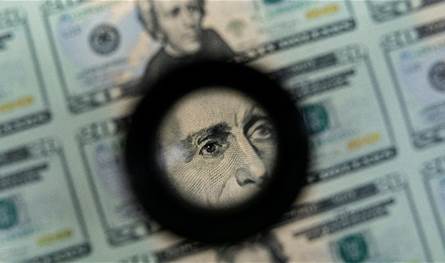US Federal Reserves fall to their lowest level since 2020
January 3, 2025

According to Federal Reserve data released yesterday, Thursday, the bank’s reserves decreased by about $326 billion in the week ending January 1, reaching $2.89 trillion. This weekly decline is the largest in more than two and a half years.
The decline was the result of end-of-year dynamics, which prompt banks to reduce balance sheet-dependent activities, such as repo transactions, to clear their books for regulatory purposes. As a result, liquidity has been directed towards facilities such as the Federal Reserve’s daily reverse repo, draining liquidity from other obligations on its balance sheet. Reverse repo balances rose by $375 billion between December 20 and 31 before falling by $234 billion on Thursday.
The US Federal Reserve cut interest rates by 25 basis points, reaching a two-year low of 4.5%.
At the same time, the Federal Reserve continues to withdraw excess liquidity from the financial system through its quantitative tightening program, while institutions continue to repay their loans from the banking emergency financing program.
As US monetary policymakers continue their quantitative tightening, Wall Street experts are closely monitoring the minimum acceptable level of reserves estimated at between $3 trillion and $3.25 trillion, including a margin of safety. Monetary policymakers confirmed during a meeting last month that they would continue to reduce the balance sheet.
The Federal Reserve also adjusted the reverse repo rate to be in line with the lower end of the federal funds target range, putting downward pressure on short-term interest rates. Some believe that this may be enough to postpone any shortfall in reserves for a short period.
However, debates are growing about how long the Fed can continue quantitative tightening without causing a crisis similar to the one witnessed in September 2019, when reserves became very scarce during balance sheet shrinkage, leading to a sharp rise in key lending rates and the US dollar rate. Federal funds. Then, the Federal Reserve was forced to intervene to stabilize the market.
«In Akkar… a Syrian was arrested who entered Lebanon surreptitiously









